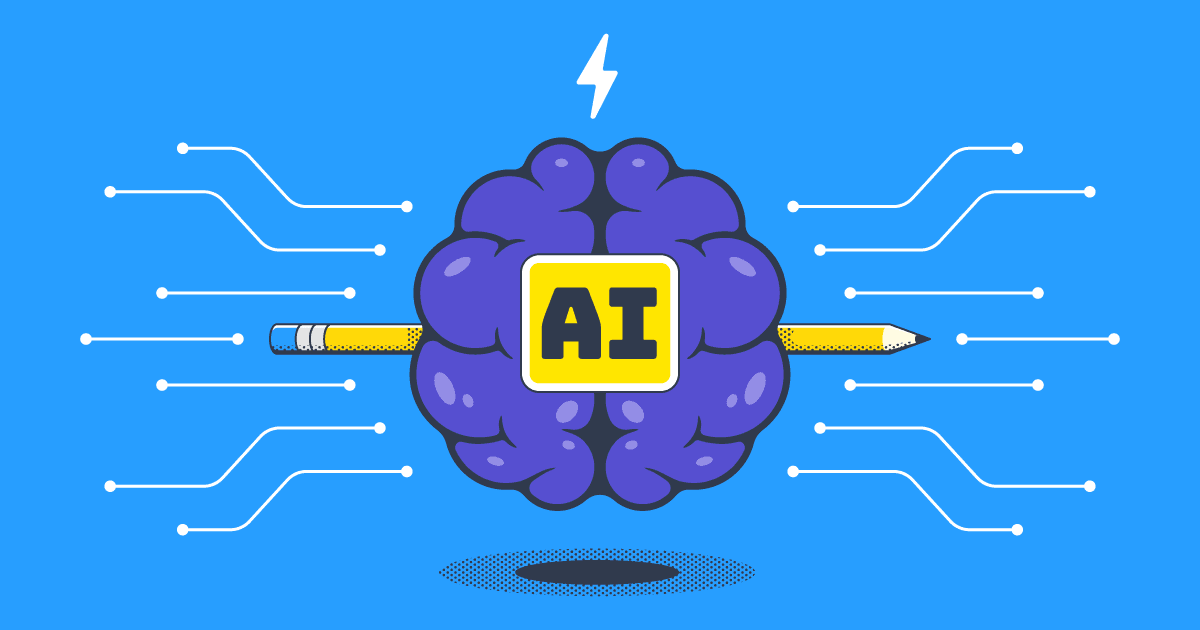AI Search Revolution: How ChatGPT, Claude, and Bing Copilot Are Changing User Behavior and Search Strategies

AI-powered search tools like ChatGPT, Claude, and Bing Copilot are transforming how people discover information. Explore their impact on click-through rates and trust, and learn why GEO strategy matters.
Artificial-intelligence (AI) search is no longer a future prediction—it’s the default experience for millions of people. Tools such as Google AI Overviews, Bing Copilot, ChatGPT, and Claude now deliver direct answers, summaries, comparisons, and product recommendations using large language models (LLMs) and real-time web data.
This shift is transforming user behavior. We’re moving from a “type → scroll → click” model to “ask → refine → decide.” Users no longer browse ten blue links—they receive an instant, conversational overview. As a result, your content must be understandable at a glance by both humans and machines.
Click-Through Rates Are Falling — But Trust Is Rising
AI summaries reduce the number of clicks to websites. Research from Pew and Ahrefs shows that when AI overviews appear, users click through to source pages only 8% of the time, compared with 15% for traditional search results.
While that drop may seem negative, it highlights a new opportunity: trust at scale. If your brand is cited in an AI-generated answer, you are seen as an authority—even when users don’t visit your site. In this world, visibility and credibility matter as much as traffic.
Studies also show that roughly 52% to 76% of sources cited in Google AI Overviews come from top-ranking organic results. Traditional SEO still matters. However, AI systems also rely on community platforms such as Reddit, Wikipedia, and forums—so your brand must show up in conversations, not just on your own website.
How AI Engines Collect and Synthesize Information
Generative search engines don’t pull from a single page. They:
Run multiple related micro-queries behind the scenes
Summarize patterns from trusted sources
Pull evidence from both authoritative sites and community discussions
For example, Reddit is cited in 21% of Google AI Overview results, and nearly 47% of Perplexity responses. This proves that entity presence across the web is now a ranking signal. To be cited, you must exist in the broader knowledge ecosystem—not just in Google’s index.
How to Adapt Your Strategy for AI-Driven Search
To stay visible in AI answers, brands should:
1. Design content for instant clarity Break content into predictable blocks—definitions, summaries, pros/cons, stats, FAQs, and comparisons. Place a 40–60 word answer at the top, then expand with context and evidence.
2. Strengthen structure and markup
Use schema (FAQ, HowTo, Product, LocalBusiness) and strong HTML semantics (<header>, <section>, <article>). Clear structure makes content easier for LLMs to extract.
3. Engage in community spaces Contribute on Reddit, Quora, LinkedIn, X, and niche forums. AI engines heavily favor community-verified content.
4. Optimize beyond Google Don’t ignore Bing—Bing powers ChatGPT, Copilot, and much of AI web retrieval. Set up Bing Webmaster Tools and ensure your signals exist across YouTube, Wikipedia, and other platforms.
5. Track AI-specific metrics In addition to rankings and organic traffic, monitor:
Brand visibility in ChatGPT, Claude, and Perplexity
Sentiment of citations
Referral traffic from AI platforms
Preparing for an AI-First Search Future
Generative Engine Optimization (GEO) is not a replacement for SEO—it's an expansion of it. As AI-driven search grows, more queries will be answered without a click. Brands that:
Provide concise, trustworthy answers
Use structured data
Build entity authority across communities
will earn AI citations—often within weeks, not months.
The goal is simple: become the answer. If your content provides the clearest and most credible response, AI systems will surface it.